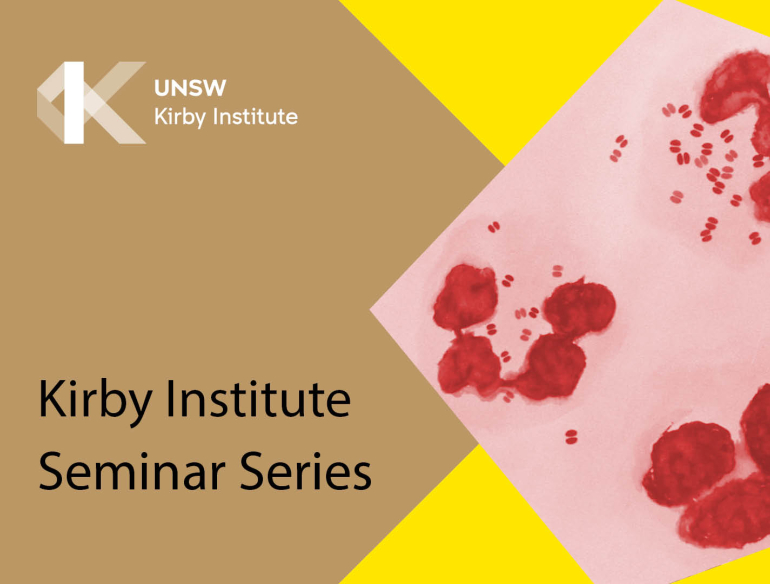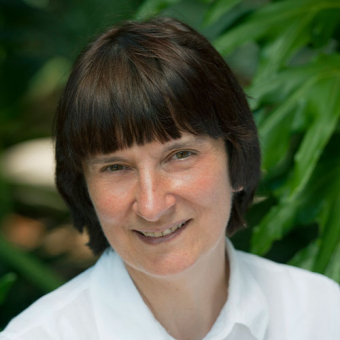Scientia Professor Ewa Goldys's team at the Graduate School of Biomedical Engineering, UNSW has created autocatalytic CRISPR sensors that detect specific gene sequences at room temperature. The technology makes it possible to make test strips similar to the COVID-19 RAT tests that detect nucleic acids at PCR sensitivity levels.
In this talk, Prof Goldys will discuss the mechanism and core applications of the technology.
Scientia Professor Ewa Goldys
Professor Ewa M. Goldys is Scientia Professor at the Graduate School of Biomedical Engineering, the University of New South Wales, Sydney, Australia. She is Fellow of SPIE (Society of Photo-Optical Instrumentation Engineers), OSA (Optical Society Australia), the Australian Academy of Technological Science and Engineering (ATSE), and winner of the 2016 Australian Museum Eureka Prize for ‘Innovative Use of Technology’. She has ongoing involvement with SPIE BIOS, the world's largest international biomedical optics meeting and part of SPIE's Photonics West where she serves as one of six Track Chairs. Her research spans the area of biomedical science, bioimaging, biosensing and materials science. She developed novel approaches to biochemical and medical sensing and deployable medical diagnostics. Current projects focus on end-user friendly CRISPR sensing. |
Opinions expressed by individuals at this event are solely of those of the individual/s and do not necessarily represent the views or opinions of the Kirby Institute or UNSW.

